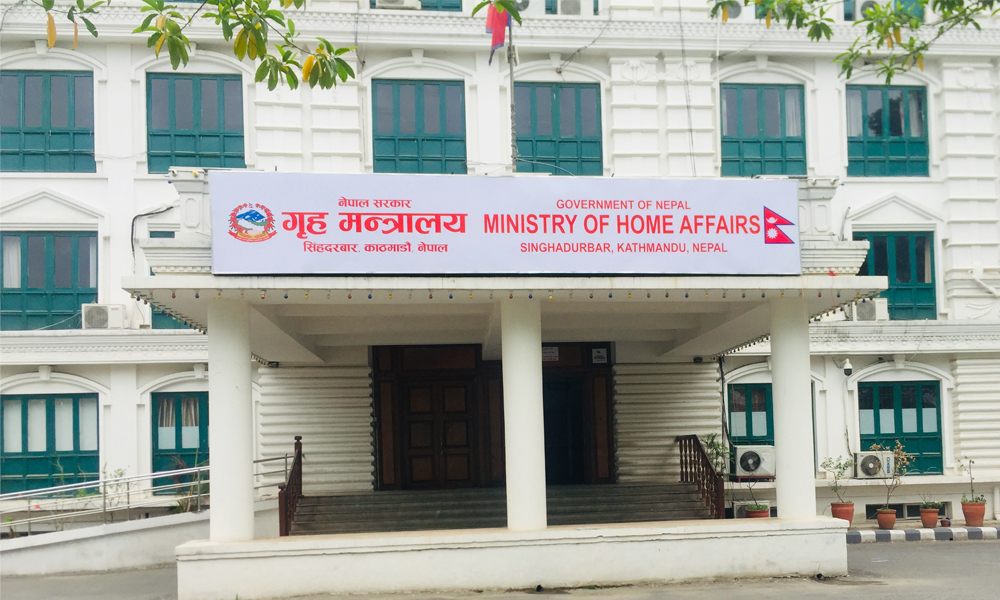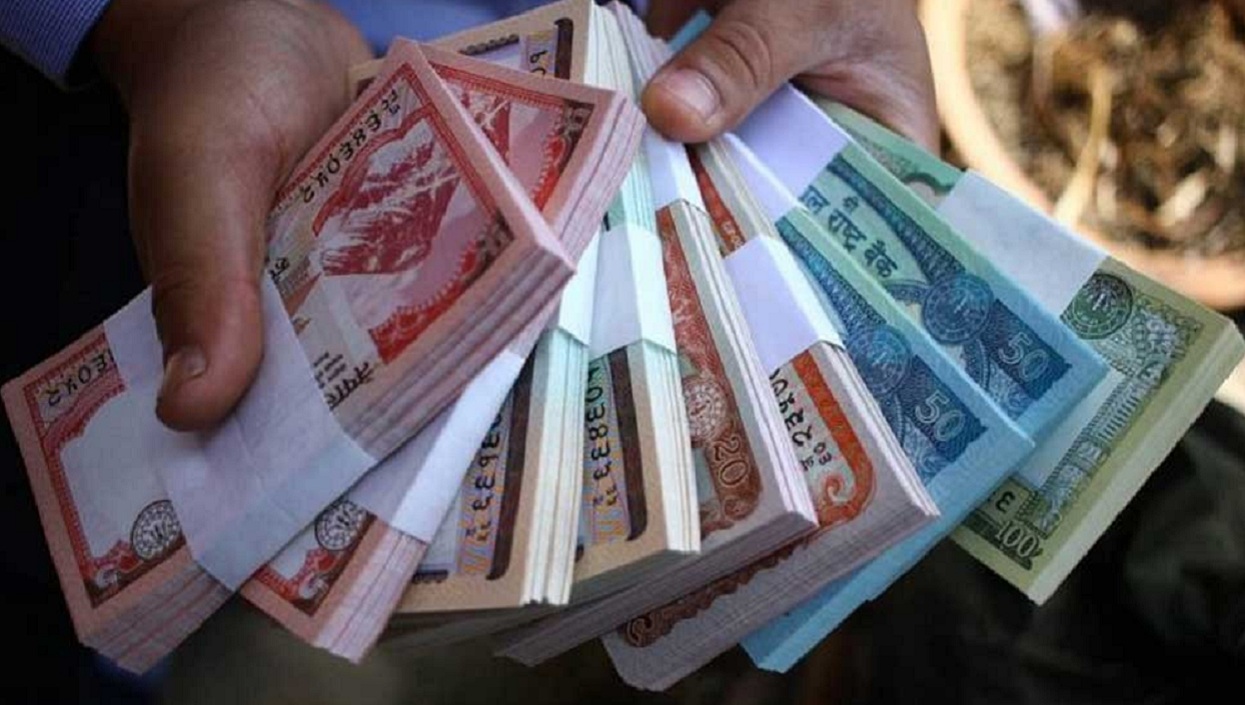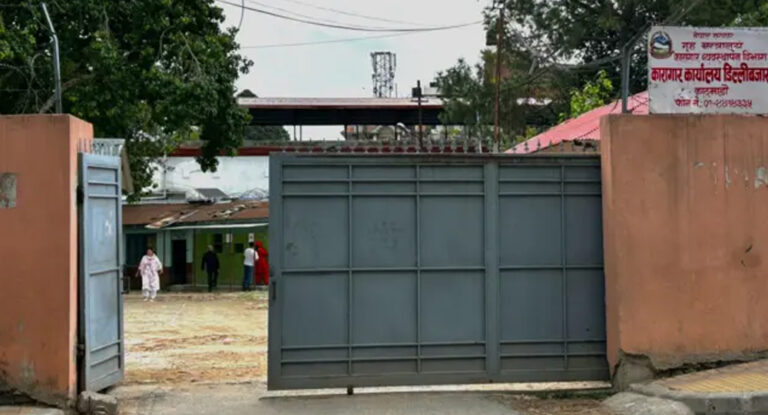Fueling Economic Growth Nigerias Renewable Energy Initiatives & breaking news on Investment Opportun
- बिहिबार, अशोज २३, २०८२

- Fueling Economic Growth: Nigerias Renewable Energy Initiatives & breaking news on Investment Opportunities Attract Global Attention.
- The Rise of Solar Energy in Nigeria
- Wind Energy Potential and Investment Opportunities
- Hydropower’s Role in Nigeria’s Energy Future
- Government Policies and the Attractiveness of Investment
Fueling Economic Growth: Nigerias Renewable Energy Initiatives & breaking news on Investment Opportunities Attract Global Attention.
Recent developments in Nigeria’s energy sector are garnering significant international interest, signaling a potential shift towards sustainable economic growth. Breaking news indicates substantial investment opportunities opening up within the renewable energy landscape. This surge in attention stems from ambitious government initiatives aimed at diversifying the country’s energy sources and reducing reliance on traditional fossil fuels. These efforts are not only crucial for environmental sustainability but also present a compelling narrative for investors seeking high-return opportunities in a rapidly developing market.
Nigeria, traditionally reliant on oil revenue, is actively pursuing strategies to harness its abundant solar, wind, and hydro resources, fostering a more resilient and diversified economy. This proactive approach has captured the attention of global investors eager to participate in the nation’s clean energy transition.
The Rise of Solar Energy in Nigeria
The Nigerian government has demonstrated a strong commitment to the expansion of solar energy infrastructure, recognizing its potential to electrify rural communities and reduce the nation’s carbon footprint. Numerous projects are underway, ranging from large-scale solar farms to decentralized off-grid solutions tailored to meet the unique energy needs of different regions. This concerted effort is attracting both domestic and international financiers, creating a vibrant ecosystem for solar energy development. Access to finance remains important, but improves year on year.
Government incentives, including tax breaks and streamlined permitting processes, are further encouraging investment in the solar sector. Private sector involvement is crucial, and partnerships between local and international companies are increasingly common. The demand for reliable power, particularly among businesses and households, continues to drive the expansion of solar capacity.
Several companies are already making significant inroads. The Rural Electrification Agency (REA) is playing a pivotal role in facilitating these projects, providing technical assistance and ensuring regulatory compliance. Early adoption rates show promising trends, suggesting a substantial market for distributed solar solutions in the coming years. The following table illustrates some of the key projects currently in development.
| Zungeru Hydroelectric Power Station | Niger State | 700 | 2024 (Delayed) |
| Katsina Wind Farm | Katsina State | 10 | 2025 |
| Bauchi Solar Farm | Bauchi State | 50 | 2026 |
| Benue Solar Mini-Grid Project | Benue State | 15 | 2024 |
Wind Energy Potential and Investment Opportunities
Nigeria’s coastal regions possess substantial wind energy potential, which remains largely untapped. While wind energy development is currently at an earlier stage compared to solar, recent assessments indicate considerable viable sites for wind farms, particularly along the coastline and in elevated areas. Exploiting this resource could significantly contribute to diversifying the nation’s energy mix and reducing its dependence on fossil fuels. Successful wind energy development relies on accurate resource assessment and careful site selection.
Investment in wind energy infrastructure requires substantial capital expenditure, presenting a pivotal chance for international investors. The Nigerian government is actively seeking partnerships with companies possessing the necessary expertise and financial resources to unlock this potential. Furthermore, the development of a local supply chain for wind turbine components and related services could create significant employment opportunities.
Here are some critical steps for efficiently improving the growth of wind capabilities:
- Conduct detailed wind resource assessments across key regions.
- Develop a robust regulatory framework that encourages investment.
- Provide incentives for local manufacturing of wind turbine components.
- Establish a skilled workforce capable of operating and maintaining wind farms.
Hydropower’s Role in Nigeria’s Energy Future
Hydropower has historically been a substantial contributor to Nigeria’s electricity generation, but its potential remains unfulfilled due to infrastructural challenges and environmental concerns. Existing hydropower plants such as Kainji and Jebba often operate below capacity due to aging equipment and inadequate maintenance. The construction of new large-scale hydropower projects is also facing hurdles related to environmental impact assessments and land acquisition. Identifying sustainable solutions is therefore vitally important.
However, small-scale hydropower projects offer a promising alternative, providing localized power generation with minimal environmental disruption. These projects can be particularly beneficial for rural communities lacking access to the national grid. Government support, combined with private sector investment, can play a crucial role in stimulating the development of small-scale hydropower infrastructure.
To maximize the efficiency and sustainability of hydropower, the following strategies should be considered:
- Regular maintenance and modernization of existing plants.
- Comprehensive environmental impact assessments for new projects.
- Implementation of water resource management strategies.
- Engagement with local communities to address concerns and ensure fair compensation.
Government Policies and the Attractiveness of Investment
The Nigerian government has implemented several policies aimed at attracting investment in the renewable energy sector. These include the Feed-in Tariffs (FiT) policy, which guarantees a fixed price for electricity generated from renewable sources, and the Nigerian Content Development Act, which encourages the use of local goods and services. These policies demonstrate a clear commitment to fostering a sustainable and diversified energy landscape which requires ongoing review and revision.
However, challenges remain. Bureaucratic hurdles, regulatory uncertainty, and limited access to finance continue to pose obstacles for investors. Addressing these issues is paramount to unlocking the full potential of Nigeria’s renewable energy sector. Furthermore, improving the transparency and efficiency of the procurement process will instill greater confidence among investors.
A transparent and predictable regulatory environment is essential to attract ongoing investment. Regulatory stability also requires modularity, taking into consideration how the industry is rapidly changing and scaling.
| Feed-in Tariffs (FiT) | Guaranteed price for renewable electricity | Attracts investors seeking predictable returns |
| Nigerian Content Act | Encourages local participation | Promotes job creation and economic development |
| Tax Incentives | Various tax breaks for renewable projects | Reduces project costs and improves profitability |
| Power Purchase Agreements (PPAs) | Long-term contracts to purchase electricity | Provides revenue security for investors |
Nigeria’s commitment to renewable energy, coupled with rapidly growing population and expanding economy, present compelling investment opportunities. While challenges exist, the government’s proactive policies and the country’s abundant natural resources pave the way for a bright future for clean energy in the nation. The increasing international attention and financial backing further solidify this positive outlook and position Nigeria as a key player in Africa’s renewable energy revolution.














